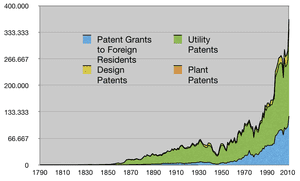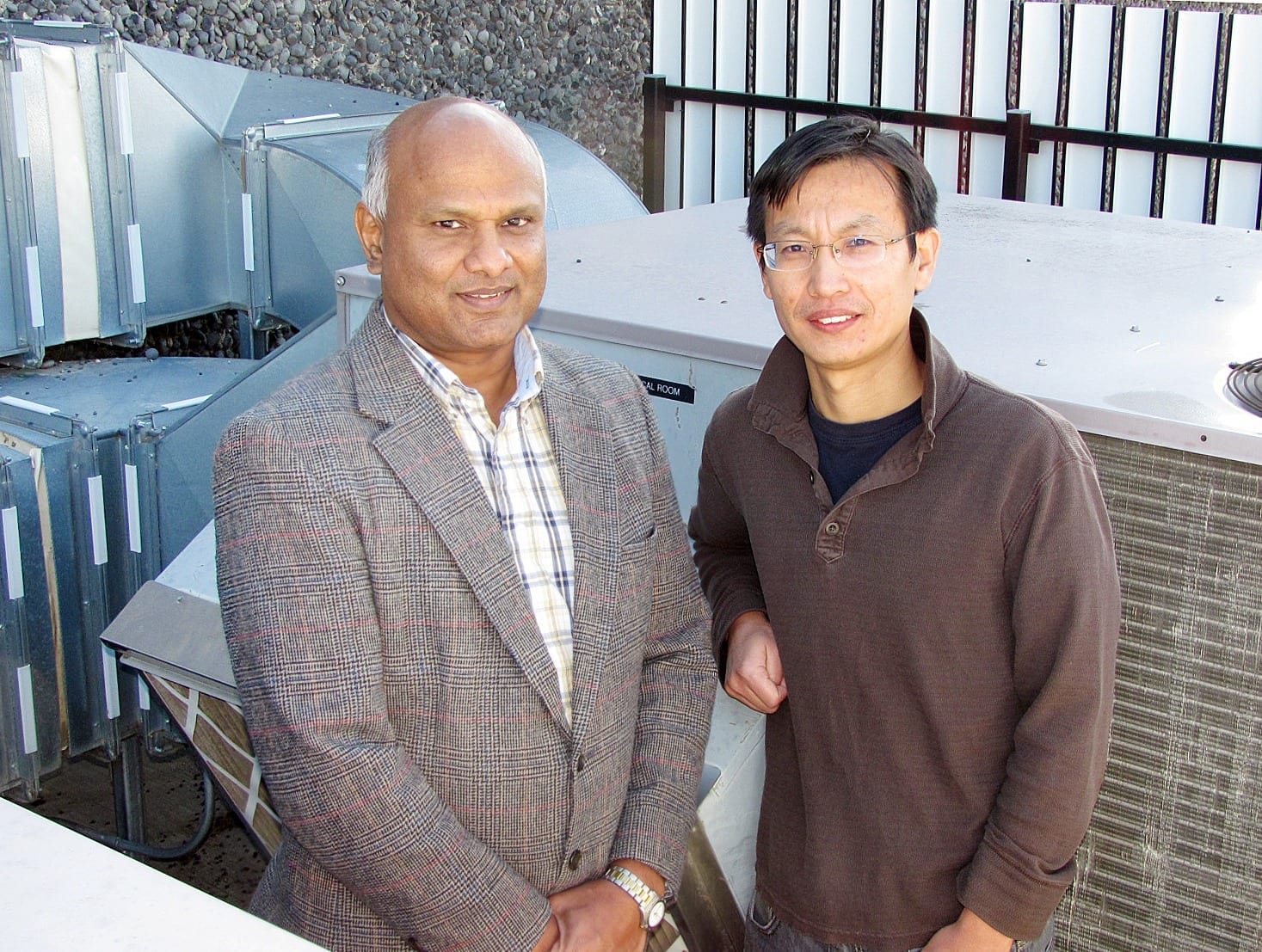Many innovators don’t want to patent their creations
It might be a heretical idea for readers of this magazine, but law professor Jason Schultz says that many innovators don’t want to patent their creations. He says that they tell him, “?’I get threatened by patents, why would I want to participate in this system?’?” But Schultz and Jennifer Urban, both professors at the University of California at Berkeley School of Law, have come up with what they think is a solution.
The two have developed what they call the Defensive Patent License (DPL), a standardized license that innovators could obtain online. The key feature: Anyone who takes out a DPL for their invention agrees not to sue anyone else who does the same. The aim is to create a network of inventors who’ve all pledged not to sue each other. The DPL is more likely to attract newcomers and start-ups, Schultz says, because established companies are less likely to promote the sharing of IP.
Schultz spent three years as an associate at Fish & Richardson, and prior to that, as a senior staff attorney at the nonprofit Electronic Frontier Foundation. He recently talked with us about how he and Urban came up with DPL, and what they hope to accomplish with it. An edited version of our conversation follows.
CorpCounsel.com: What was the inspiration for the Defensive Patent License?
Jason Schultz: As more and more people in the open innovations communities were creating, very few of them were patenting their inventions. Even those who do have patents—or are considering getting patents—would say, “Well, I don’t really want to enforce my patents,” “I’m not really that kind of guy,” or, “I think I can compete on the merits.” We kept wondering, well, maybe there would be some reason to participate in the system if you could insure that your patents would only be used for good and not evil. So what would good look like? We wanted a way of encouraging people to patent and connect their technologies. So we came up with this license, which basically does that, we think.
CC: How is the Defensive Patent License supposed to work?
JS: It says, “I will make all of my patents available to anyone royalty free, forever, as long as they commit to not ever suing anyone else who does the same thing—which means not just me, but every other person who offers a patent under the DPL.” So if you have a thousand people who offer their patents under the DPL, everyone who enters into the DPL has to agree not to sue any of those thousand people. It creates a network of people who all have similar values—that patents are not meant to be used offensively and aggressively to sue people, but actually can be used to help other innovators.
These licenses would be standardized. That way, you could simply click on each license at a central Web site (which is not built yet), and accept any that you want, as long as you also offer your patents. Enforcement is up to each individual patent owner. If you’re a DPL user and you’re sued by another DPL party, you can revoke your license with that party and sue them for full damages. But all DPL parties have incentives not to sue each other.
The license will also be legally binding for the life of the patent. It will follow the patent to new owners, it will follow it through bankruptcy. It’s good for the life of the patent until the patent expires and the object of the patent enters the public domain.
via Corporate Counsel – Meghin Delaney
The Latest Streaming News: Defensive Patent License updated minute-by-minute
Bookmark this page and come back often
Latest NEWS
Latest VIDEO









